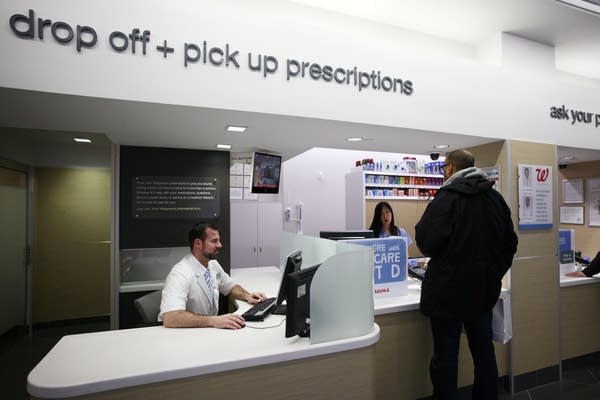Minn. poison centers see spike in calls related to painkiller gabapentin

Increases in gabapentin prescriptions came along with more cases of the drug being misused, causing poisonings and being used in suicide attempts, according to a new study.
Mark Lennihan | AP file
Go Deeper.
Create an account or log in to save stories.
Like this?
Thanks for liking this story! We have added it to a list of your favorite stories.


